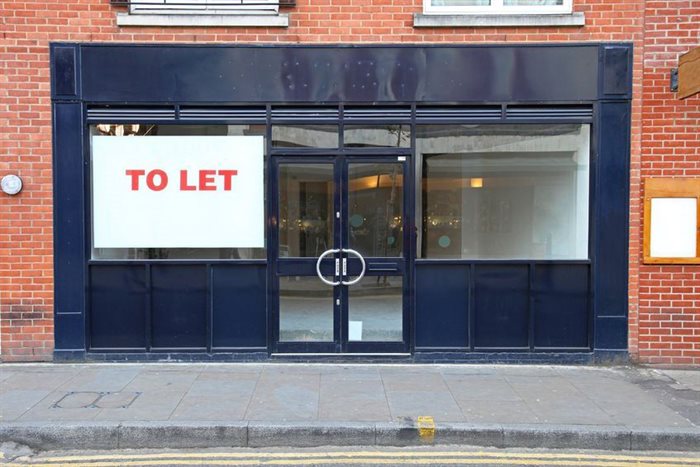The 0.75 basis point interest rate hike by the South African Reserve Bank (Sarb) brings the cumulative amount of interest rate hiking since November 2021 to 2.75 basis points.
The cumulative impact, accompanied by interest rate hiking globally that is cooling off the global and domestic economy, is believed to be having both direct and indirect “cooling” impacts on the commercial property market.
The current interest rate hike merely adds to the “cooling” market trend already believed to be in play:
- The direct impact on property buying demand comes from the fact that the market is highly credit-driven, and the cost of servicing debt is rising.
- The indirect impact is happening via the weakening impact on the economy that local and global interest rate hiking is having. This constrains new business growth and existing business expansion, containing commercial tenant demand for rental space as well as commercial property buying.
In the FNB Property Broker Surveys, we have already seen both property buying activity levels as well as rental market activity levels in all three major markets, i.e., office, retail and industrial, down from their post-lockdown highs reached earlier in 2022, so this latest Sarb interest rate hike can only likely add to the slowing trend in market activity already believed to be in play.
Weaker rental tenant payment performance likely: The interest rate hike also potentially heightens the financial pressure for the existing commercial tenant population, whose payment performance early in 2022 has already shown signs of starting a renewed deterioration. While tenants don’t necessarily have mortgage debt, they often have other business debt that becomes more costly to service as interest rates rise.
Vacancy rates, at least in office and retail property space, may rise: In the second quarter, we saw a renewed increase in vacancy rates in three of the major MSCI retail property size categories, i.e., neighbourhood, small regional and super regional centres, after prior declines. We expect this renewed rise in vacancy rates to spread to all five major retail-size categories (to community centres and regionals as well) in the near term, pushed higher by less demand for new retail space along with higher levels of financial pressure and some scaling back amongst existing tenants.
Near-term rental deflation in retail and office property is an increasing possibility, although the stronger industrial market with its lower vacancy rates may avoid this.
Upward drift in capitalisation rates and decline in real values expected to continue: Further increase in interest rates is an additional source of upward pressure on commercial property capitalisation rates, and the multi-year upward drift in the major property classes’ capitalisation rates is expected to continue in the near term.
This in turn leads to the expectation that the all commercial property capital value per square metre will continue to decline in real (inflation-adjusted) terms. This would imply very low capital growth that doesn’t keep up with general price inflation in the economy, thus declining in what economists call “real” terms. Real declines are expected most in the office and retail property classes, while industrial may be fortunate to escape this decline.
Decline in business activity: We are already seeing a declining trend in commercial space building plans passed, and expect residential building planning activity to follow suit soon in part as a result of interest rate hiking.
Slowing commercial mortgage lending growth expected to take commercial mortgage advances growth still lower: The value of commercial mortgage advances growth had slowed to 1.9% year-on-year as at July, down from levels that reached above 4% at stages of 2021. The ongoing interest rate hiking is expected to slow this growth further, possibly into negative territory.
Residential rental market expected to strengthen further: We expect credit-dependent home-buying to slow in the near term as a result of ongoing interest rate hiking, with a portion of aspirant home-buyers waiting it out in the residential rental market. This is expected to lead to further decline in residential rental vacancy rates, and a mild near-term rental inflation acceleration.






![Today, Halo and Demographica announce a new specialist agency, Second Rodeo]], headed up by Mike Stopforth (left). Dean Oelschig, managing partner and founder of Halo (right) says they will work as a group but ultimately, each agency will be an individual specialist](https://biz-file.com/c/2505/772543-240x130.jpg?2)




























![Today, Halo and Demographica announce a new specialist agency, Second Rodeo]], headed up by Mike Stopforth (left). Dean Oelschig, managing partner and founder of Halo (right) says they will work as a group but ultimately, each agency will be an individual specialist](https://biz-file.com/c/2505/772543-64x64.jpg?2)




